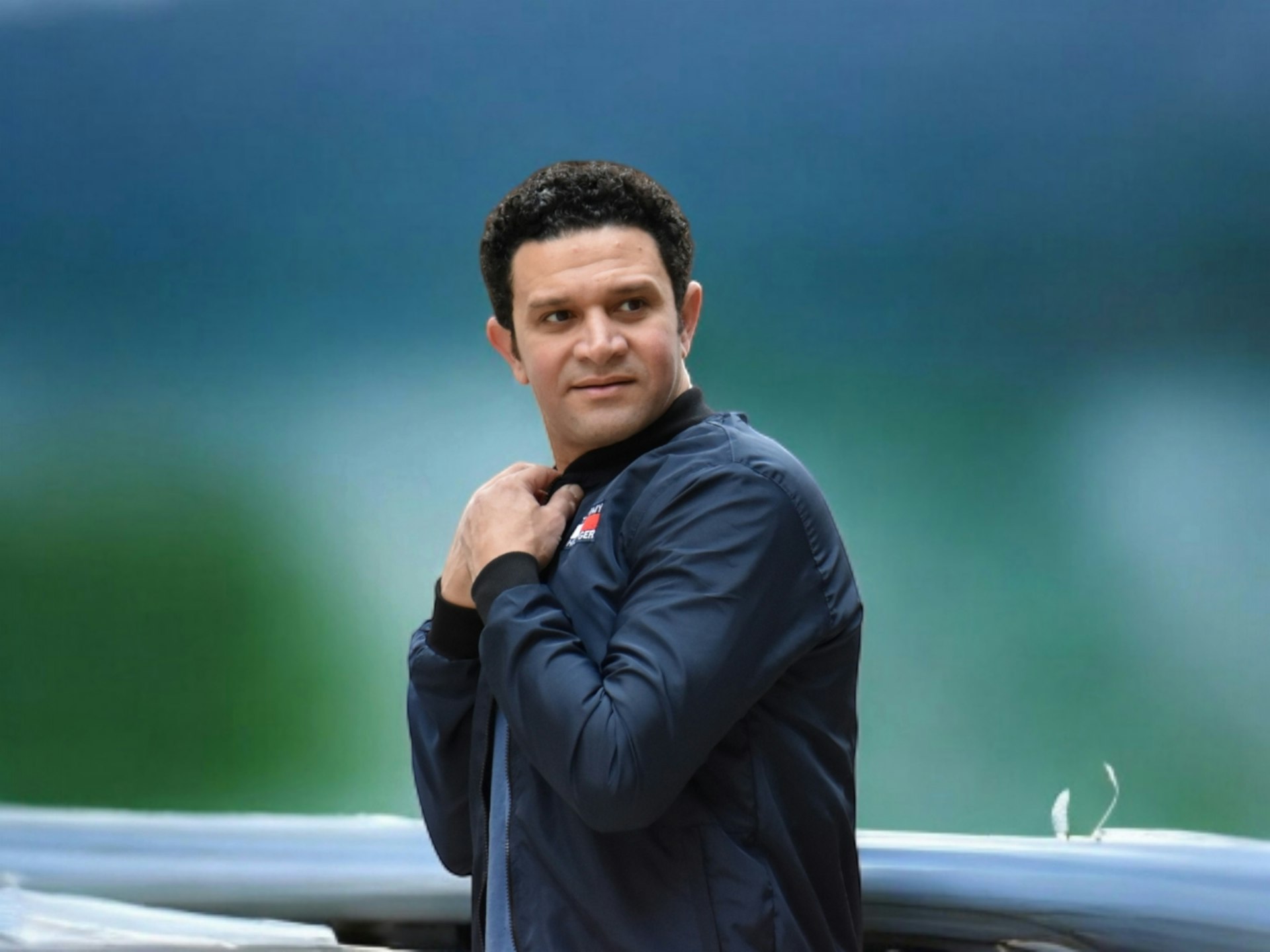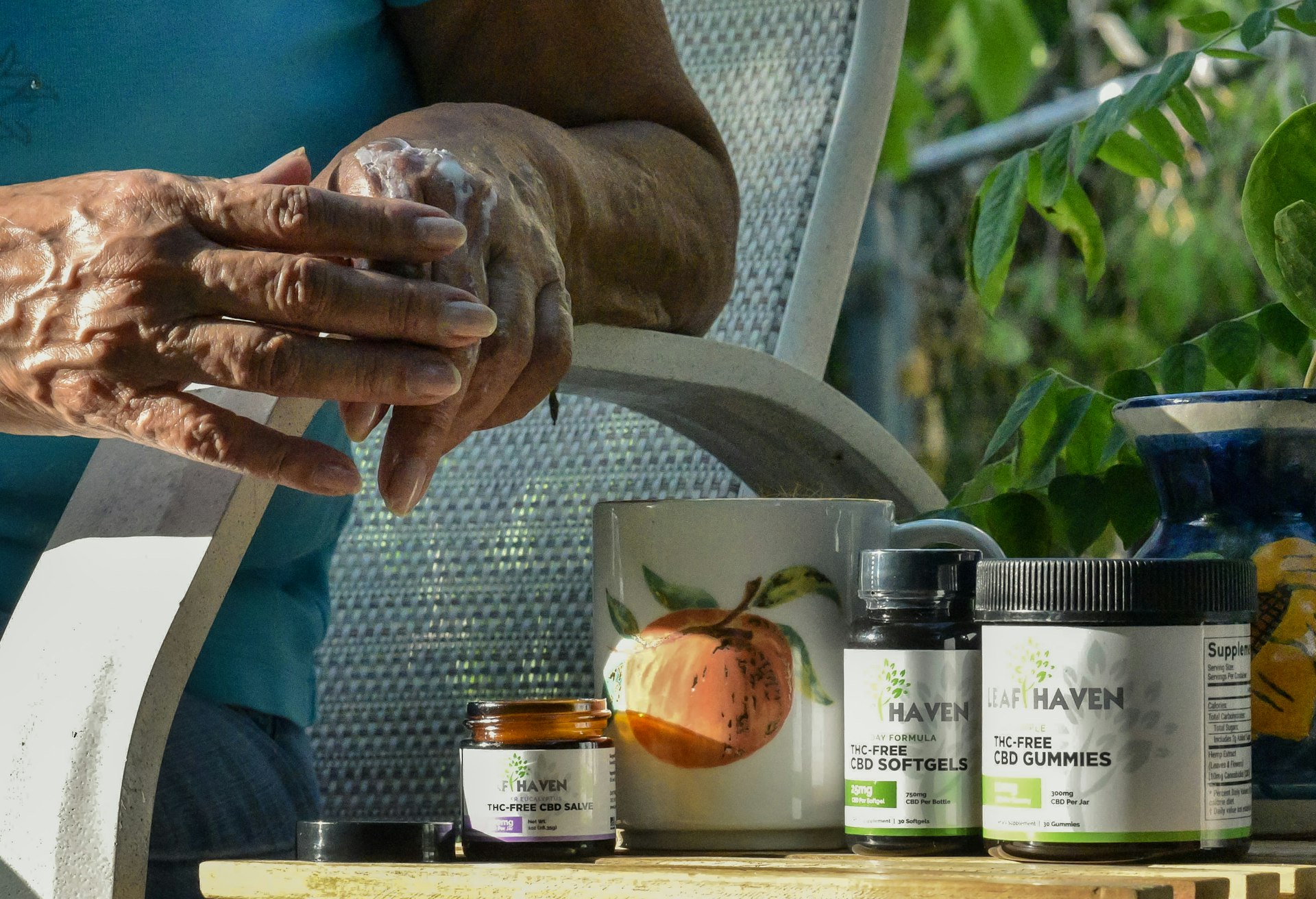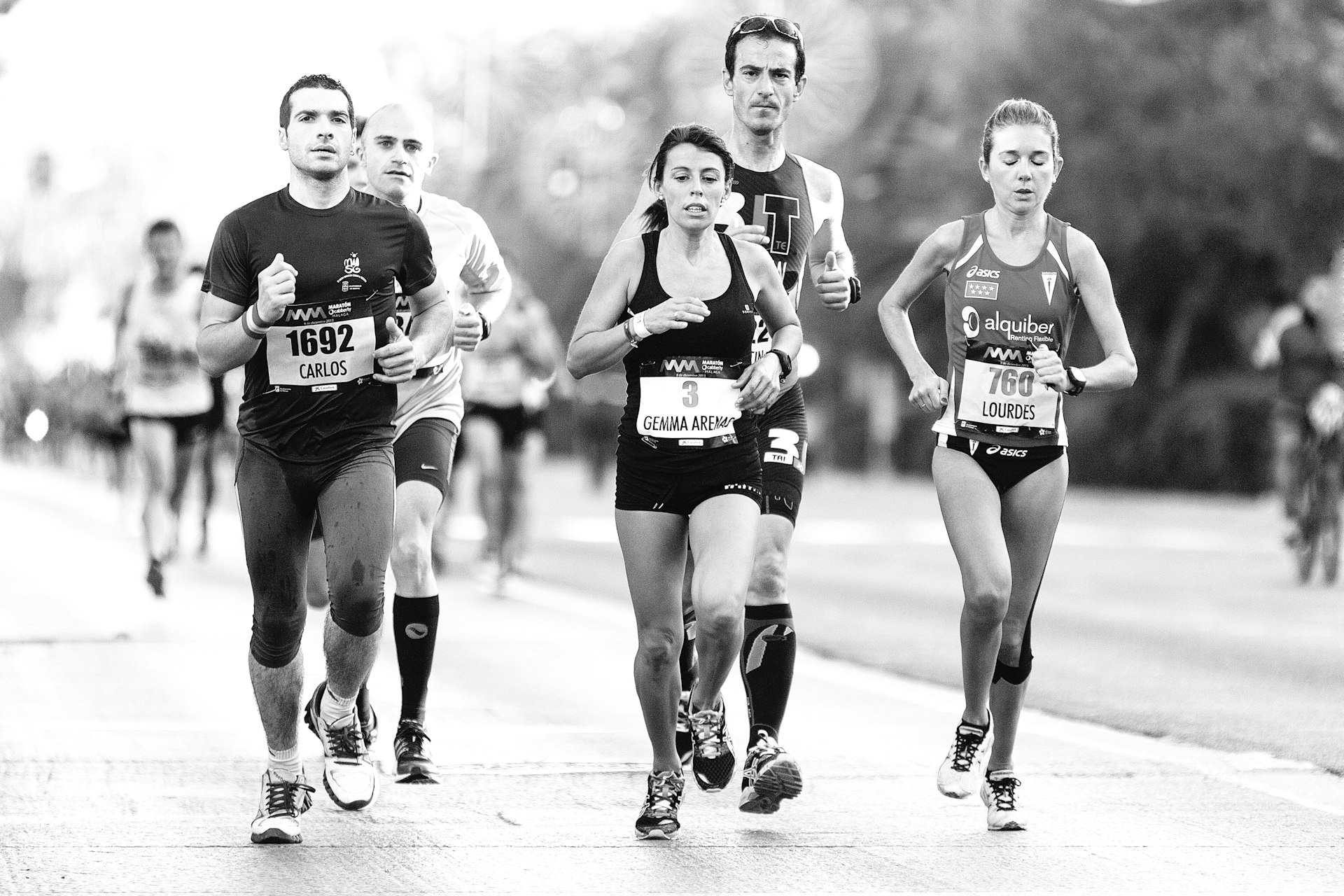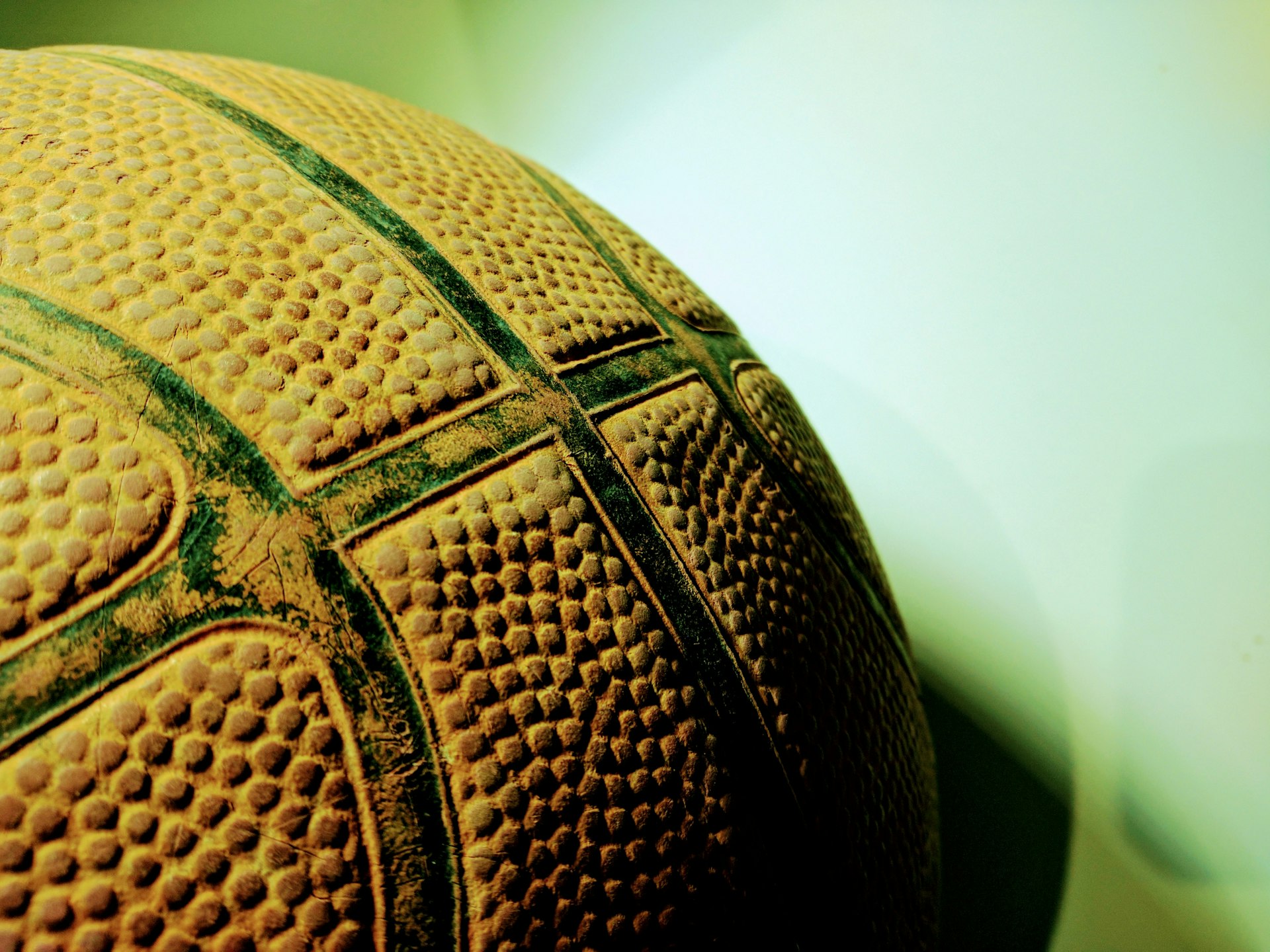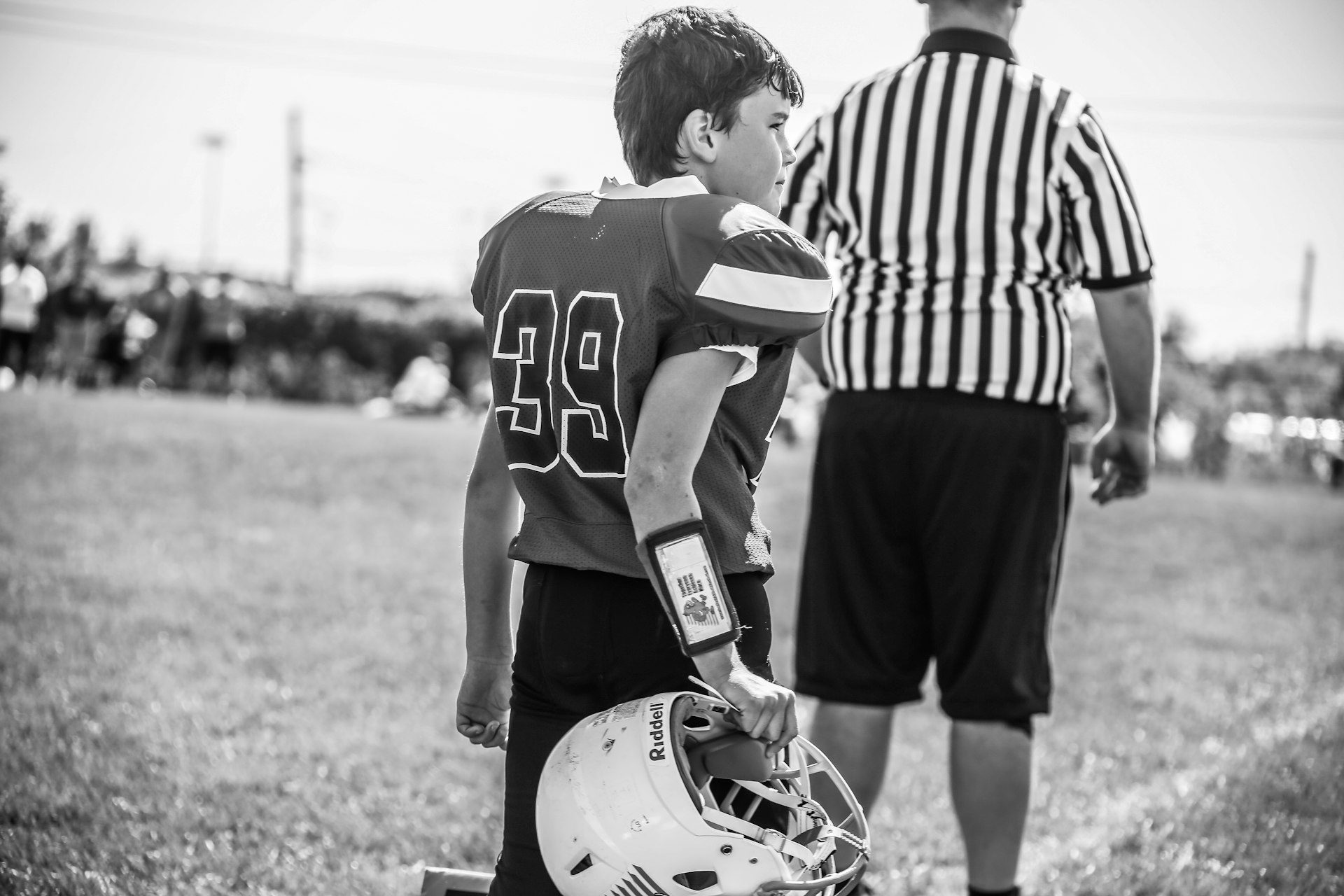How Meditation Practices Empower Athletes: Science, Benefits, and Practical Guidance

Photo by Munbaik Cycling Clothing on Unsplash
Introduction: Why Meditation Matters for Athletes
Intense competition, physical demands, and the mental pressures of high-level sport require athletes to go beyond traditional training. Increasingly, meditation practices are recognized not just for general wellness, but for their specific, scientifically-backed benefits in sports performance, recovery, and mental resilience. By cultivating mindfulness and focused attention, athletes can gain a unique edge-both on and off the field [1] .
Core Benefits of Meditation for Athletes: Evidence and Applications
1. Enhanced Athletic Performance and Focus
Research demonstrates that meditation leads to improved concentration, decision-making, and performance under pressure . Athletes who meditate regularly report fewer distractions, a greater sense of control, and the ability to enter the ‘zone’ or flow state more reliably [1] . For example, a study involving Division I college athletes found that meditation reduced negative thinking and stress, leading to measurable performance gains [1] .
Actionable Steps: To experience these benefits, athletes can begin with short, daily mindfulness sessions focused on breath awareness. Over time, extending session length and incorporating guided imagery can further enhance focus and mental clarity [3] .
2. Injury Prevention and Improved Body Awareness
Meditation fosters a deeper connection between mind and body, helping athletes recognize subtle cues and prevent overuse or acute injuries. Studies show that athletes practicing mindfulness are more attuned to their bodies, which translates to more intentional movement and quicker recognition of pain or fatigue [2] . For example, mindfulness training with soccer players led to significantly lower injury rates compared to non-meditating peers [1] .
Implementation Advice: Incorporate brief body-scan meditations into your warm-up or cool-down routines. This practice can become a valuable tool for injury prevention and faster recovery.
3. Stress Reduction and Emotional Resilience
High-stakes sports environments generate considerable stress, which can undermine both performance and well-being. Mindfulness meditation has been linked to significant reductions in anxiety, depression, and burnout among athletes [5] . By learning to observe thoughts and emotions non-judgmentally, athletes become better equipped to handle setbacks and maintain composure in challenging moments.
Real-World Example: Collegiate and professional athletes who integrate meditation report feeling calmer before competitions, sleeping better, and bouncing back from mistakes more quickly [2] .
4. Endurance and Stamina Improvements
Emerging research suggests that meditation-especially when combined with visualization techniques-can increase endurance and delay exhaustion . A controlled study found that athletes who completed a 5-week mindfulness program improved their endurance performance and reported lower perceived exertion during physically demanding activities [4] .
How to Apply: Visualize successful completion of your training or race while practicing deep, rhythmic breathing. Over time, this mental rehearsal can translate into greater confidence and physical stamina during real competition [2] .
5. Faster Recovery and Better Sleep
Consistent meditation is associated with improved sleep quality, which is critical for muscle recovery and mental sharpness [1] . Many athletes find that integrating meditation into their evening routine helps to calm pre-game nerves and ensures they wake up refreshed and ready for training or competition.
Practical Guidance: Try guided relaxation or mindfulness audio sessions before bed to maximize recovery.
Step-by-Step Guide: Starting and Sustaining a Meditation Practice for Athletes
Getting started with meditation does not require special equipment or lengthy time commitments. Here’s how athletes can incorporate meditation into their training regimen:

Photo by Rodrigo Rodrigues | WOLF Λ R T on Unsplash
- Start Small: Begin with 5-10 minutes per day, focusing on slow, controlled breathing. Find a quiet space where you are unlikely to be interrupted [3] .
- Choose a Method: Techniques such as mindfulness, guided imagery, and body scan can all be effective. Try several approaches to see what resonates best with your needs.
- Build Consistency: Set a reminder or integrate meditation into existing routines, such as before practice or after workouts.
- Track Progress: Journal your experiences, noting changes in focus, mood, or performance. This will keep you motivated and highlight areas for improvement.
- Seek Support: Consider joining group meditation sessions or working with coaches familiar with mindfulness for athletes. Many sports organizations now offer resources or referrals for mental skills training.
Addressing Potential Challenges
Some athletes may find it difficult to quiet their minds or stay consistent. These challenges are normal, especially at the start. If you encounter resistance, try shorter sessions and focus on the breath. Remember, progress is gradual, and benefits accumulate over time [3] .
If you wish to explore structured programs, search for “Mindfulness-Based Stress Reduction (MBSR)” or “Mindfulness-Acceptance-Commitment (MAC) training” through reputable sports psychology associations or local universities. Many athletic departments now offer workshops or can refer you to certified professionals.
Alternatives and Enhancements to Meditation Practices
While meditation is powerful, it is most effective when combined with other mental training strategies, such as:
- Visualization: Mentally rehearsing your ideal performance scenario.
- Breathwork: Structured breathing exercises to manage arousal and enhance focus.
- Positive Self-Talk: Reframing negative thoughts to boost confidence.
Many athletes also benefit from apps and digital tools-when choosing one, look for programs developed in collaboration with sports psychologists or evidence-based organizations.
How to Access Meditation Resources and Support
To start your meditation journey, you can:
- Contact your team’s sports psychologist or mental skills coach for tailored guidance.
- Search for certified mindfulness instructors in your area using terms like “sports meditation coach” or “mindfulness for athletes.”
- Explore reputable meditation and mental skills platforms. For example, Headspace offers a wide range of sport-focused meditation sessions, and you can review their offerings by visiting their official website [2] .
- Check with local universities or community centers for workshops or group classes on mindfulness for athletes.
If you are interested in evidence-based programs, consider searching for “Mindfulness-Based Stress Reduction for athletes” or “Mindfulness-Acceptance-Commitment training in sports”-these are often available through university sports psychology departments or reputable mental health organizations.
Key Takeaways
Meditation can be a transformative tool for athletes aiming to improve their performance, resilience, and overall well-being. Whether your goal is to sharpen focus, reduce stress, prevent injury, or recover more quickly, meditation offers practical, evidence-backed strategies. By starting with small, consistent steps and seeking support as needed, you can harness the full benefits of mindfulness for athletic success.
References
- [1] Body & Brain (2023). Meditation for Athletes: Enhance Performance, Focus & Recovery.
- [2] Headspace (2022). 4 Reasons Every Athlete Should Meditate.
- [3] IMG Academy (2023). Meditation for Athletes: How to Begin Enhancing Focus.
- [4] Nien, J. T. et al. (2020). Mindfulness Training Enhances Endurance Performance and Executive Functions in Athletes.
- [5] Wang, Y. et al. (2023). Effects of Mindfulness-Based Interventions on Promoting Athletic Performance and Well-Being.
MORE FROM weirdsearch.com

